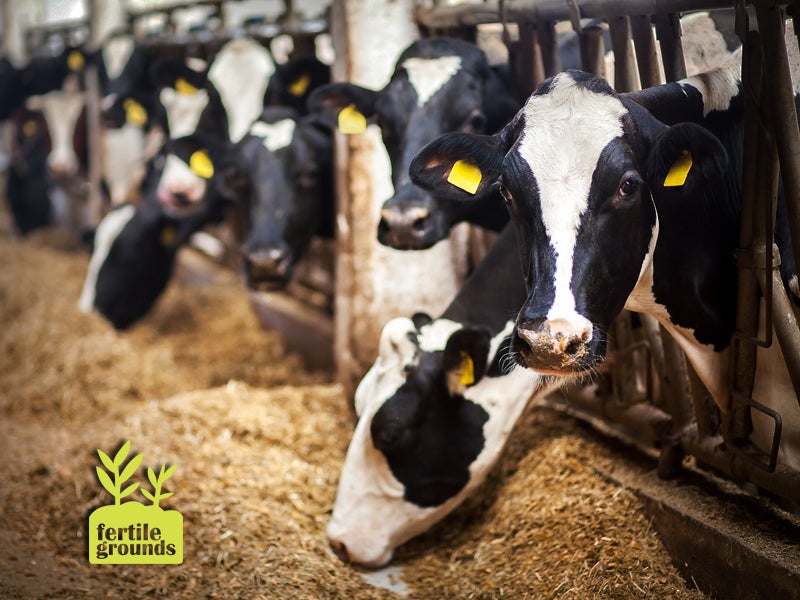Can Your Diet Help Keep Climate Change at Bay?
What's on your dinner table? When it comes to greenhouse gas emissions, not all foods are created equal.

This page was published 9 years ago. Find the latest on Earthjustice’s work.
Every single one of us has an opportunity to take climate action, and it comes up about three times a day. (No, I’m not talking about social media, although that might be true!) I’m talking about the food we choose to eat. Our diet can have a profound impact on climate — for better or for worse.
Americans eat the one of the least climate-friendly diets on earth, largely because we consume more meat per person — and specifically, more beef — than almost any other country in the world. This diet has consequences for our health, and for the health of the planet, too. That’s because beef is responsible for about 20 times more climate pollution per unit of protein than plant-based proteins, such as lentils and beans, and even 8 times as much as pork or poultry. The outsized impact of beef is due to what goes into the cow, as well as what comes out.
Let’s start with what goes in. In the United States, it takes 7 to 10 pounds of grain to produce a pound of beef. To grow all this grain (mostly corn), industrial farms apply more than 10 million tons of nitrogen fertilizer to their fields. Some of the excess fertilizer in the soil can escape into the atmosphere as nitrous oxide, a potent greenhouse gas. Then there’s methane, another powerful greenhouse gas, produced by a cow’s digestive system. In the United States, cows and their waste produce almost as much methane as the oil and gas industry. Worldwide, if you also factor in the carbon pollution caused by clearing land for cattle grazing and growing feed crops, livestock is responsible for about 14 percent of all climate pollution.
Groups like Earthjustice are working hard to promote more sustainable farming techniques that cut down on fertilizer use and reduce the climate impacts of raising cattle. We’re also working to change U.S. agricultural policies to promote farming for a healthier diet, and to stop global deforestation.
If we could reverse the trend of increasing beef consumption — if the whole world ate more like India instead of America—by some estimates, this alone could bring us within reach of the 2 degree Celsius threshold, under which we could avoid some of the worst impacts of climate change. Even though billions of people find a vegetarian diet perfectly satisfying, a global switch to vegetarianism seems unlikely. Still, it’s astonishing to see how powerful the impact of diet can be. A recent study found that eating a healthier diet, with five servings of fruits and vegetables and no more than half a serving of red meat a day, could reduce greenhouse gas emissions from food 29 to 70 percent by 2050. It would also reduce mortality 6 to 10 percent worldwide, saving millions of lives and billions of dollars, too.
If you’re inspired by documentaries like Years of Living Dangerously and want to do your part to dial down climate pollution, consider making even a small change in your diet. Maybe it’s Meatless Mondays. Maybe it’s switching your hamburger for a turkey burger. Or maybe when you do buy beef, it’s choosing sustainably raised beef. By eating more plant-based protein and less conventionally produced red meats, you’ll enjoy better health, and help protect the planet for more people to enjoy in the future.
This blog was originally posted by Medium on November 16, 2016.
About this series
Fertile Grounds is a blog series that examines the challenges and opportunities in ensuring access to healthy, sustainable and affordable food for all. We talk about the entire lifecycle of food—from seed selection and planting to consumption and disposal—because there is potential for improvement throughout. We’re informed by the expertise of our many clients and allies and by Earthjustice’s years of work to ban harmful pesticides, encourage sustainable farming methods, reduce pollution, support farmworker justice and promote a healthy relationship between farmers and communities.
Earthjustice’s Sustainable Food and Farming program aims to make our nation’s food system safer and more climate friendly.